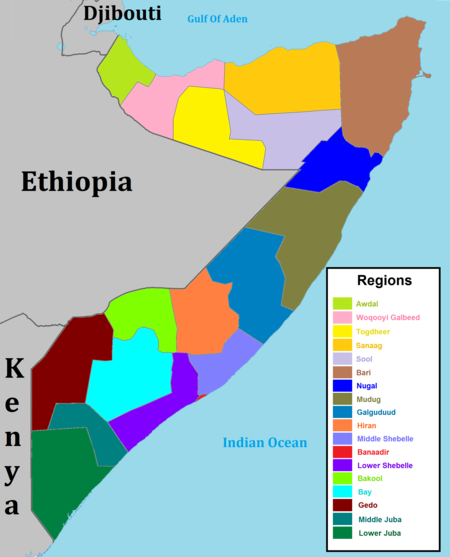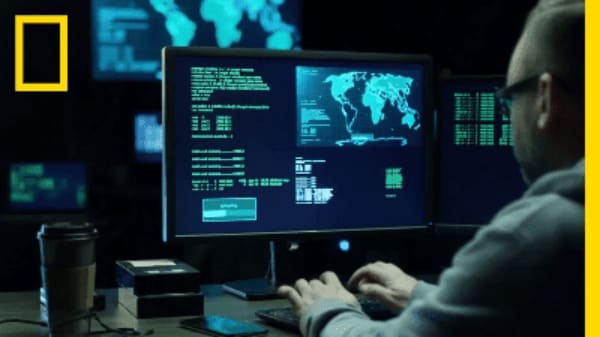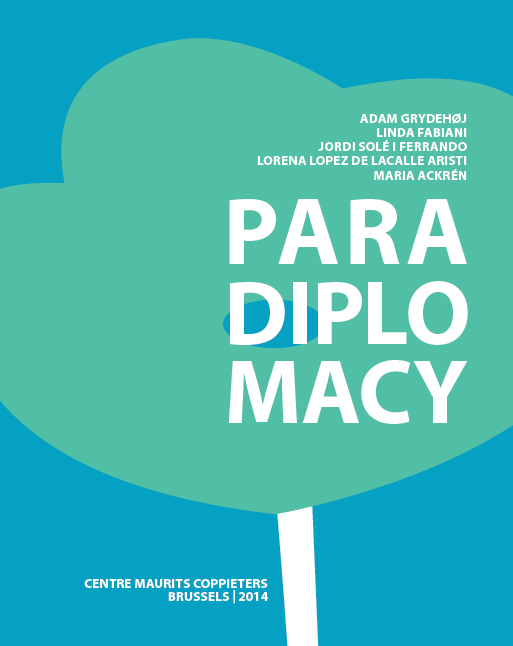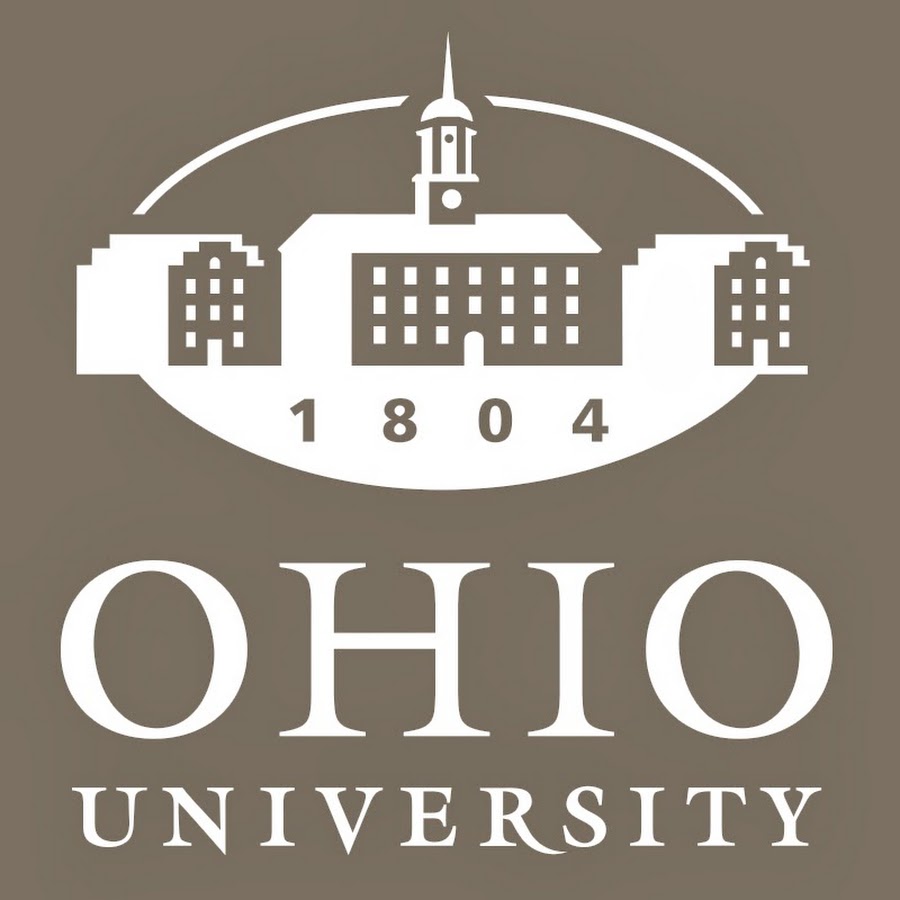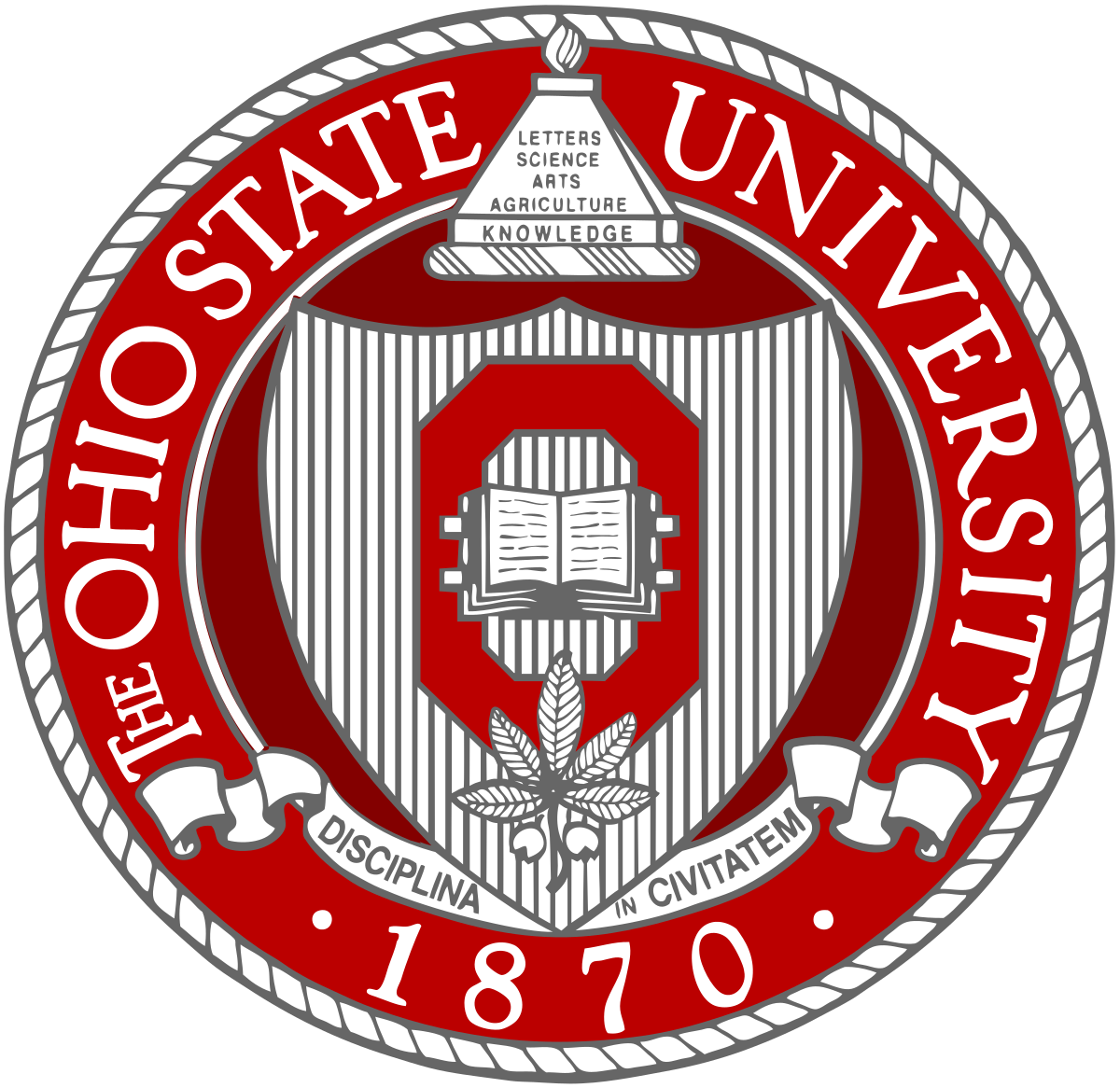State Department and U.S. Agency for International Development FY 2020 Budget Request
state.gov
image (not from entry) fromFact Sheet
Office of the SpokespersonWashington, DCMarch 11, 2019The President’s FY 2020 budget request proposes $40 billion for the State Department and U.S. Agency for International Development (USAID). The FY 2020 budget request provides the necessary resources to protect United States citizens, increase American prosperity by utilizing foreign assistance to create the conditions that will expand opportunities for U.S. businesses, support our allies while asking other nations to do more, and advance a secure, prosperous world by assisting countries to become self-reliant economic and security partners.This budget request focuses resources on providing better results for the American people. It supports effective American diplomacy, prioritizes embassy security and the protection of diplomats and staff, and provides support for strategic partners and diplomatic progress. It also makes programs more effective while increasing burden sharing in orde..
Quotation of the Day: How the Internet Travels Across Oceans
“People think that data is in the cloud, but it’s not,” said Jayne Stowell, who oversees construction of Google’s undersea cable projects. “It’s in the ocean.”
Image from article*
--Adam Satariano, "How the Internet Travels Across Oceans," The New York Times
*Inside the ship, workers spool the cable into cavernous tanks. One person walks the cable swiftly in a circle, as if laying out a massive garden hose, while others lie down to hold it in place to ensure it doesn’t snag or knot. Even with teams working around the clock, it takes about four weeks before the ship is loaded up with enough cable to hit the open sea.
Quotation for the Day
image from
“It could be there is some well-thought-out strategy behind all of this,” Mr.[ Stephen] Schwartz [United States ambassador to Somalia from 2016 to 2017] added, “but I really doubt it.”
--From Eric Schmitt and Charlie Savage, "Trump Administration Steps Up Air War in Somalia," The New York Times (March 10, 2019)
The Catalyst Research Institute
catalystresearch-institute.strikingly.com
uncaptioned image from entryExcerpt:
The Catalyst Research Institute is a Washington DC based Think Tank and a conduit between industry Thought Leaders and the Legislative and Federal Agency communities. We facilitate a powerful platform of programs, cutting edge research and initiatives that support the exchange of ideas and provide a forum for our Fellows to engage in the open, non-partisan discourse needed to effectively support the injection of next-generation ideas and strategy into today’s legislative and regulatory challenges.
CRI understands that through generative and focused dialogue, private sector companies will be better able to provide the ideas, tools, tactics, and proactivity needed by government and industry thought leaders responsible for building, managing and securing vital sectors of our economy such as technology, healthcare, finance, energy, transportation, and defense.
CRI bridges the gap between the legislative communit..
Found on the Web: Batailles culturelles/Diplomatie culturelle et diplomatie publique
image from
Maxime Audinet, "Batailles culturelles," Le Monde diplomatique, date [?]
Excerpt:
Intrinsèquement lié à la bataille idéologique de la guerre froide, le concept de « diplomatie publique » (public diplomacy) [JB emphasis] est popularisé au début des années 1960 par Edward R. Murrow, directeur de la United States Information Agency, qui coordonne la diplomatie culturelle des États-Unis et la radio La Voix de l’Amérique selon une ligne farouchement anticommuniste. La diplomatie américaine entend alors s’affranchir de la notion de propagande, associée au totalitarisme, pour désigner cette facette de sa politique étrangère. À la même époque, les responsables soviétiques recourent à la notion proche de « diplomatie populaire » (narodnaïa diplomatia) pour qualifier l’action culturelle extérieure des sociétés d’amitié soviétiques, combinée aux ondes multilingues de Radio Moscou. Dans les deux cas, l’État communique directement avec des populations étrangères par des instruments cultu..
International misrecognition: The politics of humour and national identity in Israel’s public diplomacy
European Journal of International Relations; original article contains more links
International misrecognition: The politics of humour and national identity in Israel’s public diplomacy [JB emphasis]
Rebecca Adler-Nissen, Alexei Tsinovoi [JB: link to this name does not lead to his bio/accomplishments] First Published January 19, 2018 Research Article
https://doi.org/10.1177/1354066117745365
Article information
Article has an altmetric score of 33 No Access
Abstract
Recognition, or the lack of it, is a central concern in International Relations. However, how states cope with international misrecognition has so far not been thoroughly explored in International Relations scholarship. To address this, the article presents a theoretical framework for understanding international misrecognition by drawing on discursive and psychoanalytical theories of collective identity formation and humour studies. The article conceptualises international misrecognition as a gap between the dominant narr..
Found on the Web: Paradiplomacy
ideasforeurope.eu; original article contains links and a "viteo" [JB sic]"; see also
The main policy papers presented during the conference Local Actions in a Global Context: ”Paradiplomacy by Subnational Jurisdictions” in Svalbard are collected in this publication.
The authors: Günther Dauwen, Adam Grydehøj, Linda Fabiani, Jordi Solé, Lorena Lopez de Lacalle and Maria Ackrén considered how sub-state jurisdictions (towns, cities, counties, and regions) and other non-state actors use paradiplomacy to seek influence beyond their borders.
As globalisation reduces the ability of national governments to independently implement effective policies, sub-state jurisdictions are finding that sovereignty is no longer essential for entrance to the global stage. Local governments are using paradiplomacy and informal diplomacy to promote their interests internationally in areas like trade, culture, tourism, politics, and environment.
This publication is financially supported by the European Parliam..
Revised/Updated: Ohio among nation’s leaders in producing Fulbright Award winners
ohio.edu
Corrected image (not from entry); many thanks to RA for the correction
ATHENS, Ohio (Feb. 27, 2019) – Ohio University is among the top 25 public institutions in the United States in Fulbright scholars, Chronicle of Higher Education [JB: see text of Chronicle article below] reported recently.
Ten Ohio University students received 2018-19 Fulbright Awards in May 2018. That’s tied for 20th among public research institutions and tied for 40th among research institutions nationwide, tied with George Washington University, Penn State University, Indiana University, Temple University and Tufts University. The total is more than any other institution in Ohio.
“Ohio University students and alumni strive to make a difference in the world, and the Fulbright Award program provides a gateway to that service,” Ohio University President M. Duane Nellis said. “OHIO affords its students the opportunities to pursue their passions and visions academically and on the world stage, and it’s an hon..
Israeli occupation of the West Bank
From Wikipedia, the free encyclopedia
image from entryExcerpt:
The way the conflict is reported are extensively monitoring and analysed: in addition to Israel's public diplomacy [JB emphasis], intent on countering negative press images, there are also many private pro-Israeli organizations, among them CAMERA, FLAME, HonestReporting, Palestinian Media Watch, Canary Mission and the Anti-Defamation League which claim much reportage is distorted. The term Pallywood was coined to suggest that Palestinian coverage of their plight is
manipulative fake news. John Mearsheimer and Stephen Walt have argued that United States media coverage, compared to other countries, tilts strongly in Israel's favour.[j] This view that American media are biased against Palestinians has been challenged by authors who cite research that concluded most mainstream media have a "liberal" bias, a criticism extended to European outlets like Le Monde and the BBC.[40] ...
Ohio among nation’s leaders in producing Fulbright Award winners
ohio.edu
image (not from entry) from
ATHENS, Ohio (Feb. 27, 2019) – Ohio University is among the top 25 public institutions in the United States in Fulbright scholars, Chronicle of Higher Education reported recently.
Ten Ohio University students received 2018-19 Fulbright Awards in May 2018. That’s tied for 20 th among public research institutions and tied for 40 th among research institutions nationwide, tied with George Washington University, Penn State University, Indiana University, Temple University and Tufts University. The total is more than any other institution in Ohio.
“Ohio University students and alumni strive to make a difference in the world, and the Fulbright Award program provides a gateway to that service,” Ohio University President M. Duane Nellis said. “OHIO affords its students the opportunities to pursue their passions and visions academically and on the world stage, and it’s an honor for the University to be among the nation’s leaders in earning Fulbright Award r..







